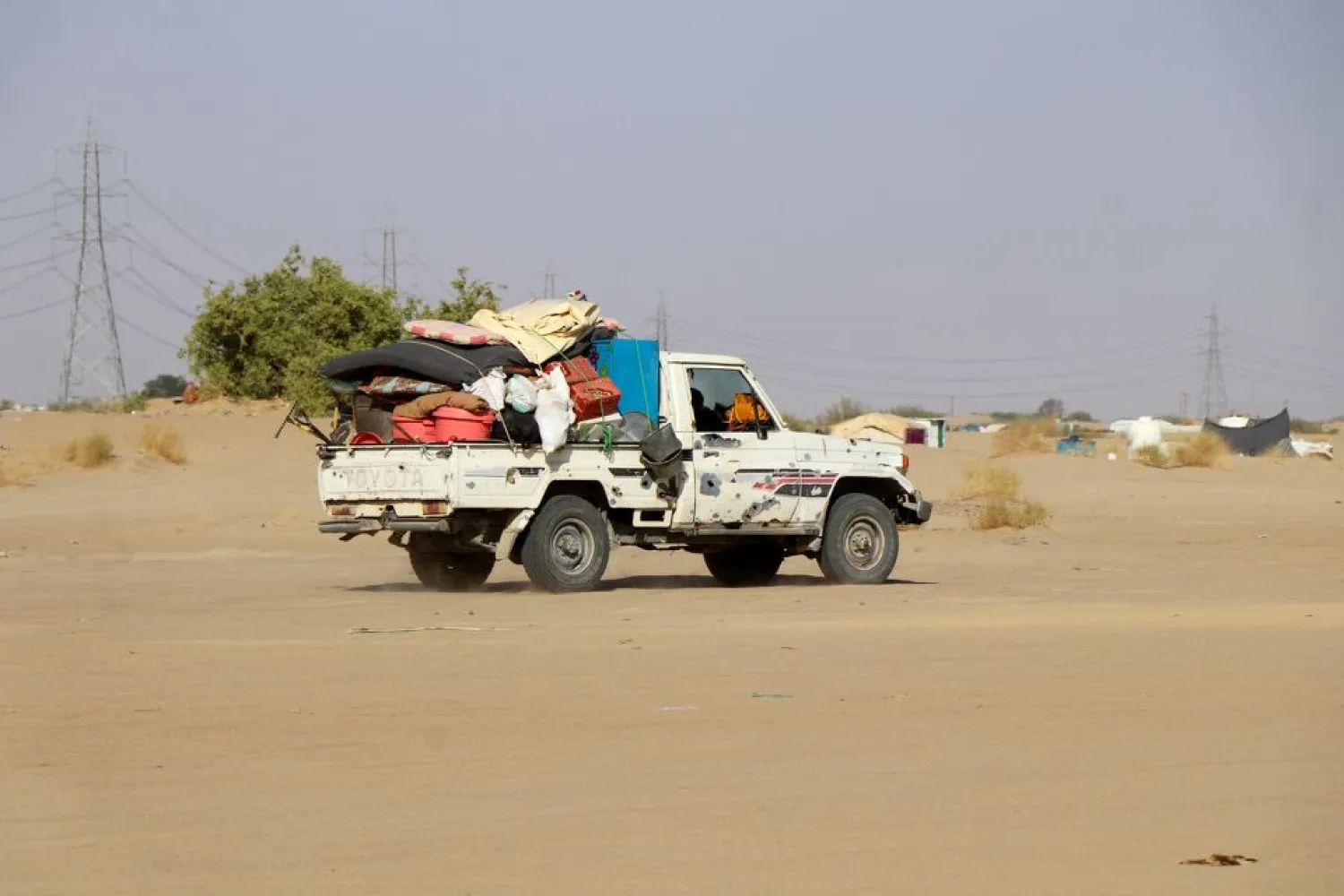The Saudi-led Arab coalition continues to support the Yemeni national army and popular resistance in their battles against the Iran-backed Houthi militias in the oil-rich Marib province.
The coalition announced that it had carried out 29 operations against the militias in Marib’s southern al-Joubah region and the Kassara region in its west in the past 24 hours.
In a brief statement, the coalition said the operations left 138 terrorist Houthis dead and destroyed 17 of their military vehicles.
On Saturday, the coalition said it carried out 32 operations in the al-Bayda and al-Jawf provinces in western Marib. Over 157 Houthis were killed and 14 of their military vehicles were destroyed in the operations.
At least 3,000 Houthis have been killed in the past six weeks of fighting and in coalition operations.
Meanwhile, Marib Governor General Sultan Al-Arada stressed that the province has withstood and continues to withstand the Iranian agenda.
The Iranian Houthis will not reach their goals, he vowed during a press tour of security forces.
“As Marib has defied the Iranian Houthi militias since the beginning of the conflict, it will destroy this project at its end,” he added.
He assured that Marib will resist the militias, hailing the Arab coalition and all its member countries.
On the displacement of people from the fighting, Arada urged the government to assume its responsibilities in supporting the local authority in shouldering their burden.









